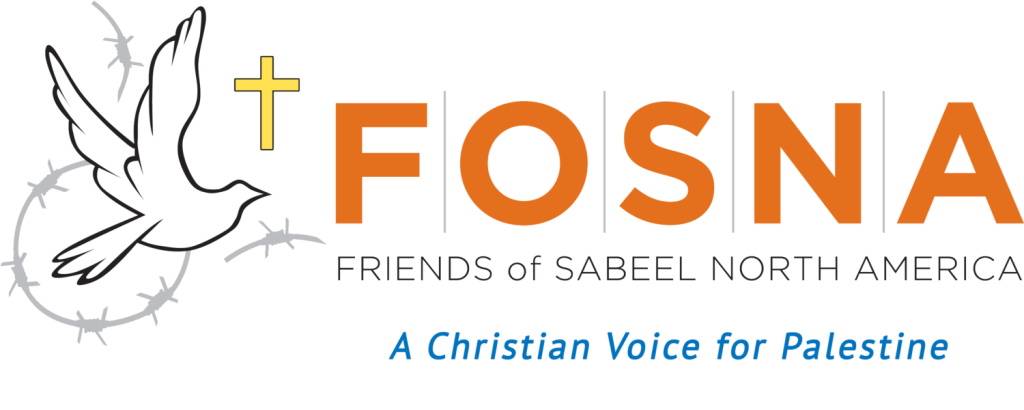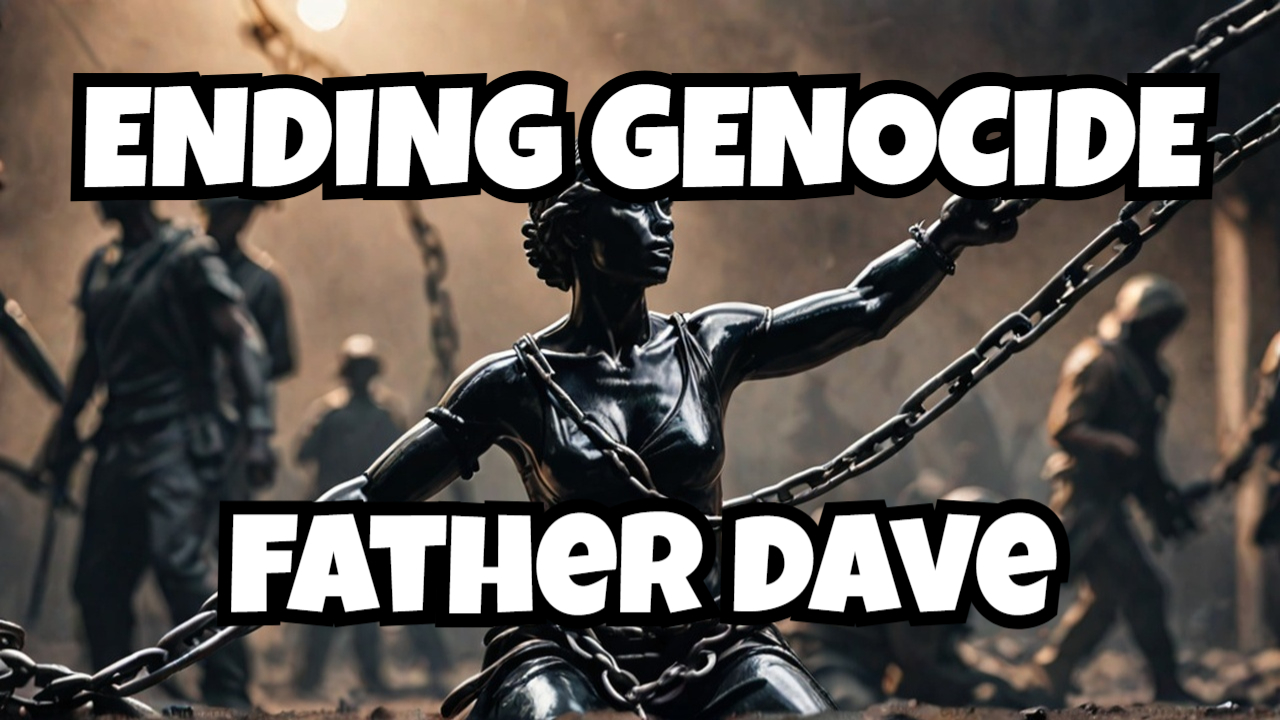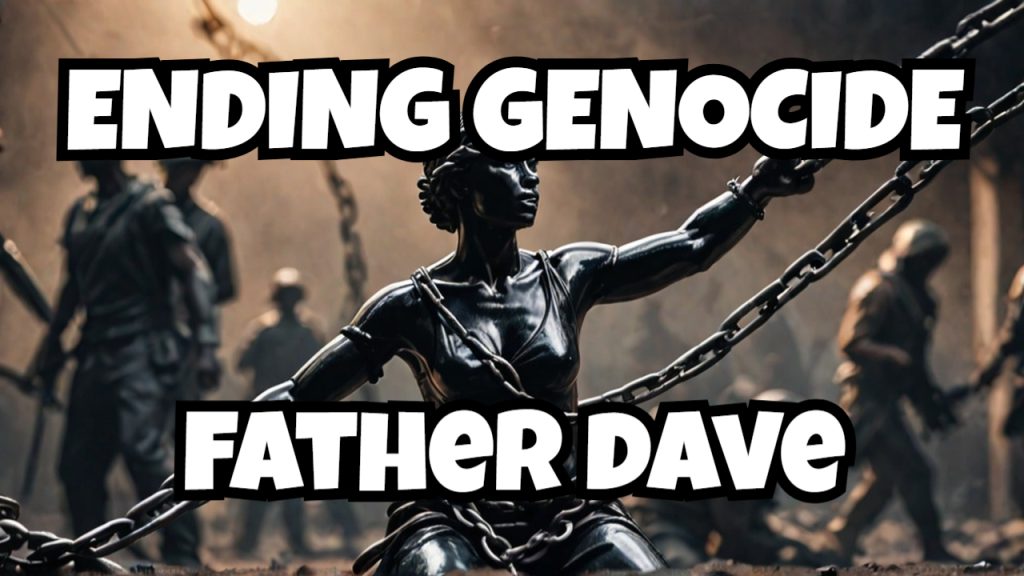| PTSD and Trauma are not only personal and individual in character but often afflict whole nations and peoples. Frequently historical in nature, trauma can be passed down intergenerationally. One of the greatest examples of such trauma afflicting our region is that of the Holocaust, compounding the historical experience of centuries of persecution, hatred, and discrimination against Jewish people. This is a trauma that made it easy for many to succumb to the doctrines of Zionism, offering Jewish empowerment via Jewish supremacy in a Jewish-dominated state as the only cure for their ongoing suffering. It has made many easy prey for fascist doctrines, of belief in the value of violence and military overkill as the only path to survival. It has also made it difficult for many to take seriously any path towards peace and reconciliation that is not firmly rooted in their military power and supremacy. And while many cynically exploit the traumas of the Holocaust for political ends, there exists a genuine phenomenon of authentic fear that cries out for healing and needs to be addressed. That rabbit hole of domination and “deterrence” will likely doom Israeli Jews to eternal strife and enmity with their neighbors, leading to ever increased militarization since in their traumatized state no amount of military power will ever be sufficient, and any attempt by Palestinians to resist that domination is only likely to reinforce the trauma. Similarly, all peace efforts will be viewed with deep suspicion and reticence, particularly if they require concessions that seem to reduce Israeli military domination or appear to make Israel weaker or more vulnerable to the risk of future attacks. As a Palestinian, I am keenly aware of these traumas. I realize, however unjust it is, that our liberation is tied to the healing of our oppressors from the traumas of the past, for which we are the current victims. I am also aware that armed struggle by Palestinians, however legitimate under international law—and even if it were directed solely at armed soldiers and settlers—still risks reinforcing rather than healing the trauma. In addition to this, we cannot forget that the Palestinians also have a long history of trauma, are now being traumatized, and are in great need healing, especially when the current genocide stops and the difficult process of rebuilding Gaza commences. Tens of thousands of orphans, bereaved families, over 70,000 wounded, and millions who have lost their homes require not only justice but also time and space to undertake a long process of healing. I am also deeply conscious of how attractive the call to violence can be for oppressed and traumatized peoples. The events of October 7—apart from the attacks on civilians at the music festival and the kibbutzim as well as the taking of civilian hostages, which are properly to be condemned in no uncertain terms—were also viewed by many Palestinians as a brilliantly successful military operation whereby resistance fighters armed with primitive hand held weapons simultaneously breached the sophisticated walls imprisoning Gaza in 30 locations, captured two army bases, including the headquarters of the Gaza Battalion, killing 340 soldiers and capturing about 40 others, and carried the fight into the territory held by their enemies (rather than their own). Despite the massiveness of the Israeli retaliation and the utter destruction of Gaza, the events of that day will likely hold an appeal to those who preach armed resistance for many years to come. Sabeel and FOSNA maintain that central to the message of Christianity is the belief that violence can never be the answer, for either Palestinian liberation or Jewish security. Yet we must face the fact that until a process of healing for the trauma is undertaken and a different model for peace, coexistence, and justice is actively promoted, strife will continue—for ultimately those who live by the sword will die by the sword. Jesus, the Prince of Peace, came to show us a better way. It is sad that most Western Christians seem to have forgotten that message and instead adopt different positions that only promote violence and a reliance on military power, even when they see the horrendous costs such violence is wreaking upon both Palestinians and Israelis, on God’s children for whom Jesus cared, cried, and died. So we clearly need to resist the siren call for violence, especially in our pursuit of justice. But what can we do to bring about some measure of healing to these deep traumas that are currently feeding the cycle of violence and without the healing of which, no peace is possible? FOSNA recently sponsored with the Holy Land Trust an extensive series of trainings, attended by over 70 Palestinians in the West Bank, to work on the process of dealing with ongoing trauma. We are also committed to pursuing such healing here in the USA. Another conversation between Sami Awad and Gabor Mate “From Pain to Healing: Healing Collective Trauma in Israel/Palestine” deals with this problem as well. It is this healing process that is urgently needed by all sides, and it is one area that professed Christians, instead of being part of the problem, can be part of the solution. |










